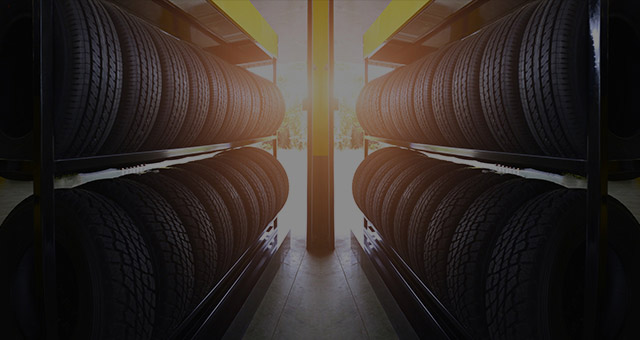Tire Service: Comprehending Tire Pressure Surveillance Systems
Understanding Tire Stress Tracking Solutions (TPMS) is an essential aspect of preserving ideal car performance and safety on the road. With improvements in automobile innovation, TPMS has actually come to be a common function in modern-day automobiles, providing real-time details on tire pressure levels.

Value of TPMS
The importance of Tire Stress Tracking Equipments (TPMS) lies in their capacity to boost lorry safety and security and performance through real-time surveillance of tire stress levels. Maintaining the proper tire stress is crucial for making sure optimum handling, stopping, and general safety of a vehicle. TPMS gives vehicle drivers with instant feedback on any kind of underinflated or overinflated tires, permitting timely adjustments to be made.
Elements of TPMS
Comprising numerous crucial elements, a Tire Pressure Tracking System (TPMS) operates as an innovative safety function in modern automobiles. The major components of a TPMS include sensing units, a control component, and a caution indicator. Sensors are commonly located in the tire shutoff stem or connected to the wheel setting up, where they determine tire stress and transmit data to the control module. If it detects substantially low stress in any of the tires, the control module processes this info and triggers a warning. The warning indicator, commonly a sign on the control panel, alerts the chauffeur to check the afflicted tire or tires. Some advanced TPMS designs also present the real tire stress readings for every tire, offering vehicle drivers with real-time information to ensure optimal tire performance and safety and security. By monitoring tire pressure constantly, TPMS assists avoid accidents, reduces tire wear, and boosts gas efficiency, making it a crucial part for automobile security and performance.
Kinds Of TPMS

On the various other hand, indirect TPMS depends on the car's wheel rate sensing units to monitor tire pressure. This system identifies underinflation by comparing the rotational speeds of the wheels. Indirect TPMS is much less pricey than direct TPMS, as see this here it makes use of existing sensing units within the vehicle.
While direct TPMS offers much more accurate readings, indirect TPMS is simpler in style and usually needs less upkeep. Both systems have their benefits and constraints, and the selection in between them frequently relies on aspects such as price, lorry make, and individual preference. Comprehending the distinctions in between these 2 kinds of TPMS can assist car owners make informed choices concerning tire upkeep and security.
TPMS Upkeep Tips
Conduct routine checks on the tire pressure degrees and compare them with the TPMS readings to ensure they are constant. Throughout tire turning or substitute, make certain that the TPMS components are managed thoroughly to prevent any type of prospective damages. If the TPMS advising light brightens on check that the control panel, resolve the issue immediately by checking the tire pressures and the overall system for any kind of faults.
Advantages of Correct Tire Pressure
Maintaining proper tire stress, as emphasized in TPMS Upkeep Tips, is important for gaining the various benefits linked with optimal tire pressure degrees. Additionally, appropriate tire stress makes certain even tire wear, expanding the lifespan of the tires and promoting much safer driving problems. In verdict, the benefits of appropriate tire stress go past just tire durability; they include boosted fuel efficiency, improved safety and security, far better vehicle performance, and overall driving convenience.
Final Thought
Finally, comprehending tire pressure tracking systems (TPMS) is critical for keeping optimum tire stress and guaranteeing lorry safety. By recognizing the significance of TPMS, knowing with its parts, recognizing the different kinds offered, sticking to appropriate upkeep ideas, and recognizing the advantages of keeping correct tire stress, vehicle drivers can enhance their driving experience and lengthen the lifespan of their tires. Appropriate tire pressure is essential to efficient and secure vehicle procedure.

Comments on “Discover Top-Quality Tires Morris IL: Select the most effective for Your Car”